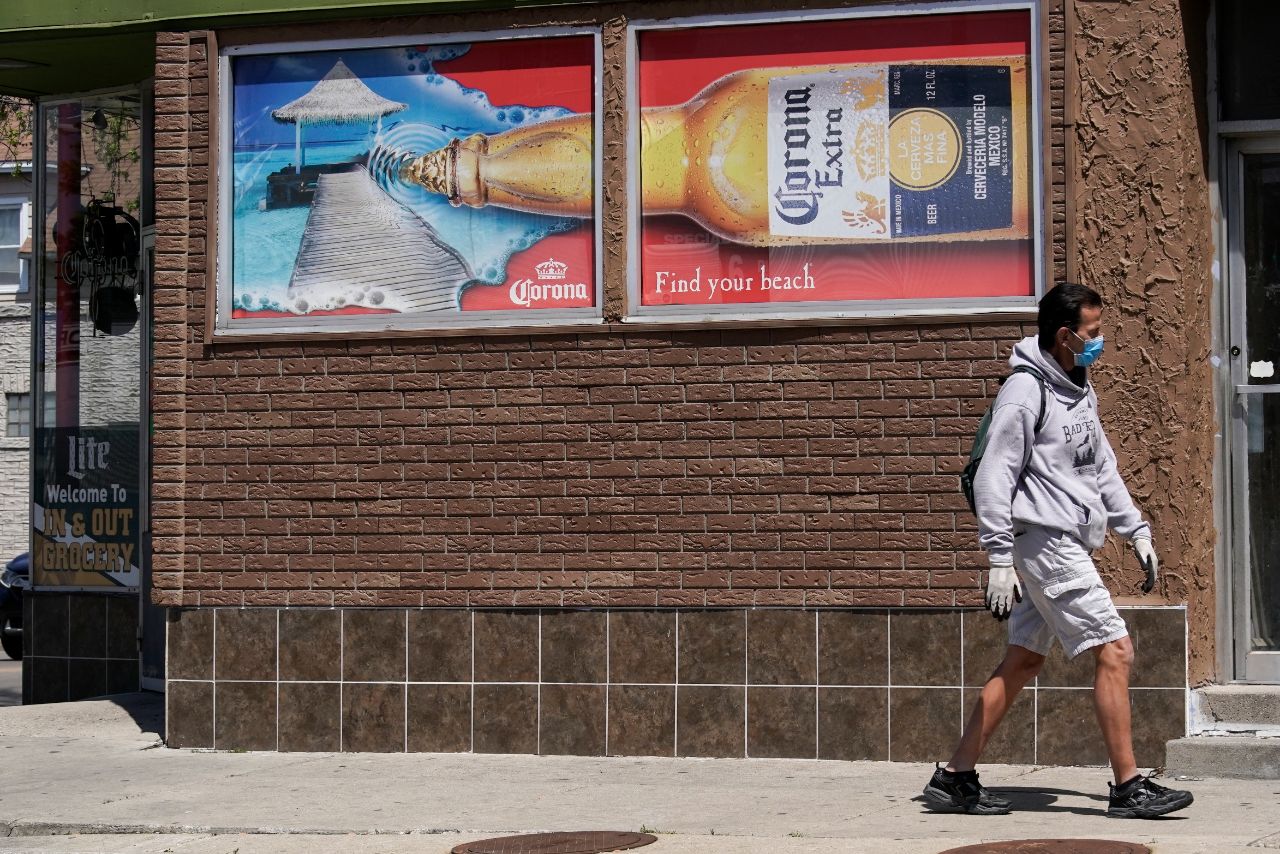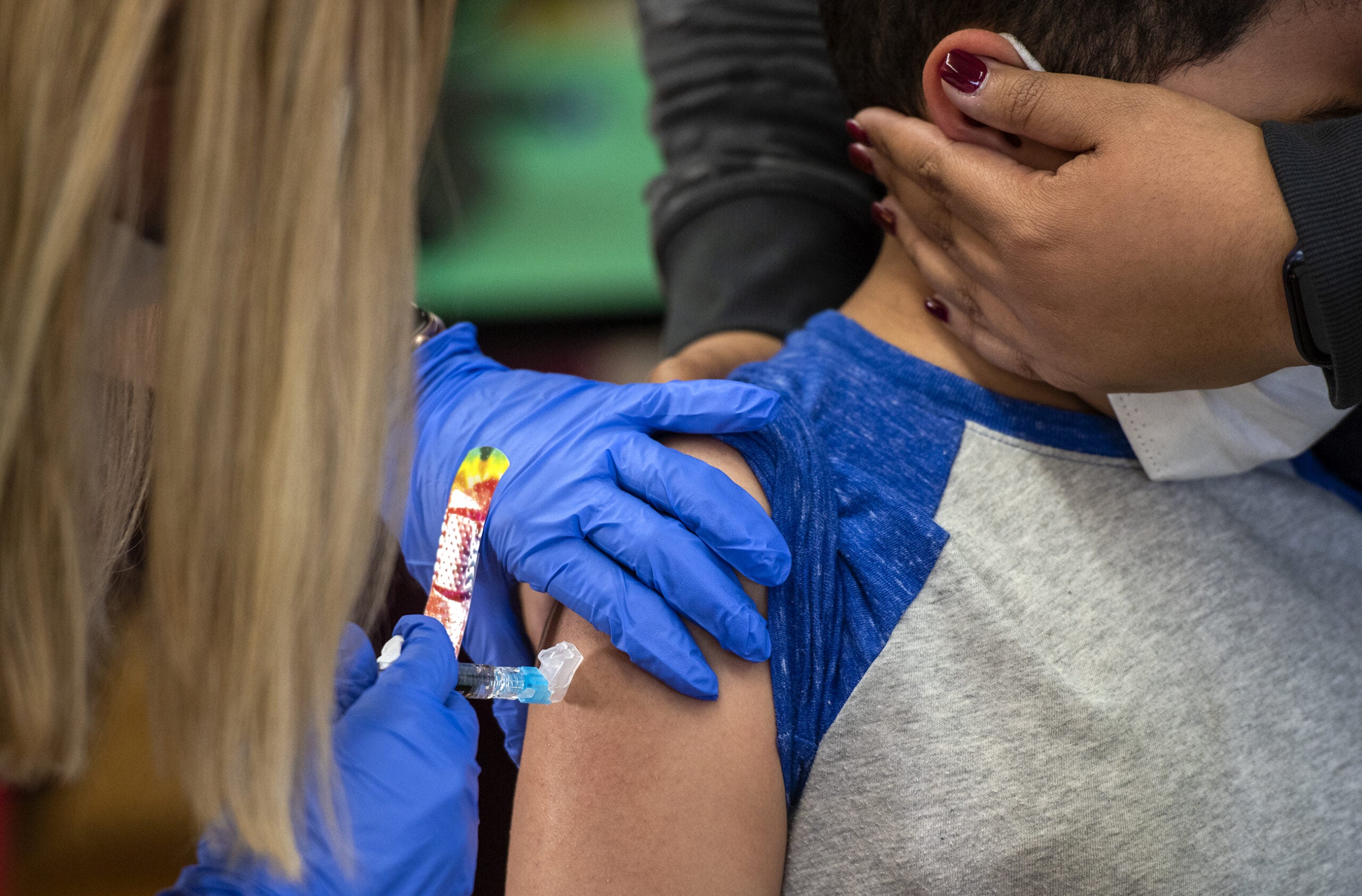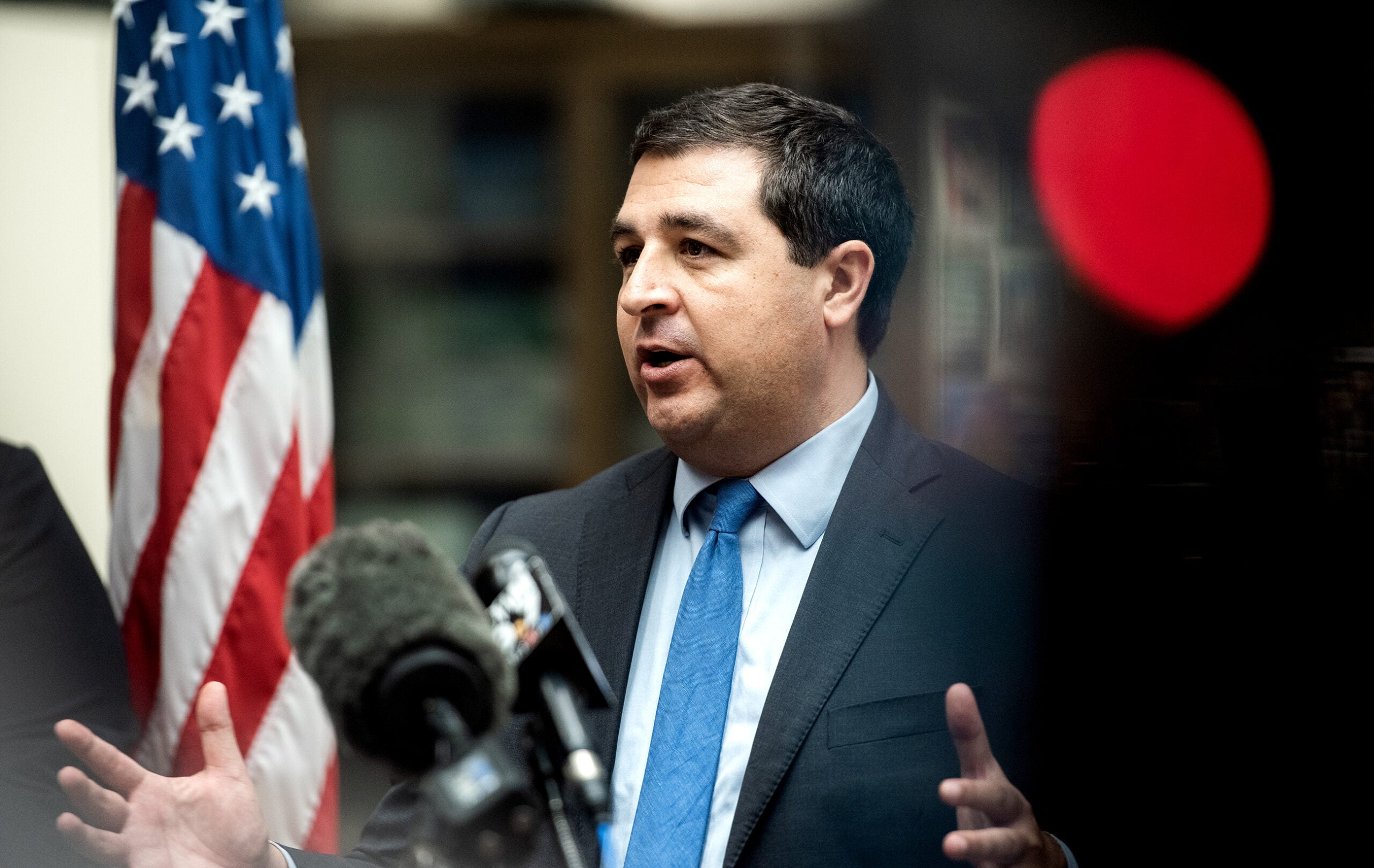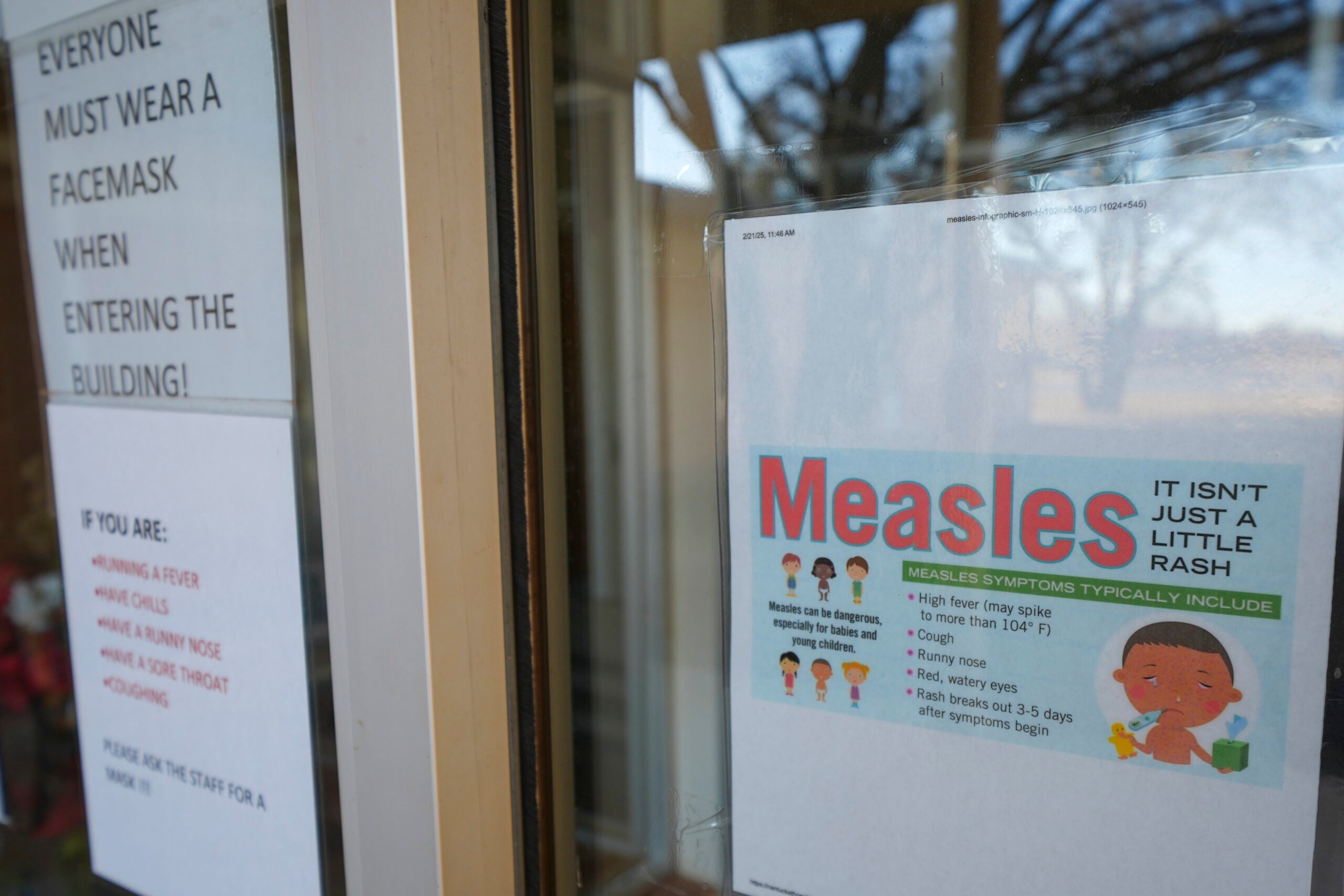There are 12,187 positive cases of COVID-19 in Wisconsin as of Saturday, according to the state Department of Health Services. That’s an increase of 502 cases from the day before.
According to health officials, 453 people in Wisconsin have died from COVID-19 as of Saturday afternoon.
DHS reported 134,206 negative tests for the new coronavirus, an increase of 5,549 from Friday to Saturday.
News with a little more humanity
WPR’s “Wisconsin Today” newsletter keeps you connected to the state you love without feeling overwhelmed. No paywall. No agenda. No corporate filter.
Counties in the southeastern and southern part of the state saw the largest increases in confirmed cases. Milwaukee, Kenosha, Waukesha and Rock counties saw double-digit increases from Friday to Saturday. Milwaukee currently has had 4,759 cases while Kenosha has 820, Waukesha has 467 and Rock has 422.
Wisconsin’s testing capacity has grown from 120 available lab tests in early March to 13,797 as of May 7. The surge in new tests is one reason for the increase in cases. However, the percentage of positive tests also increased to 8.3 percent Saturday from 6.3 percent on Friday.
Gov. Tony Evers’ “Badger Bounce Back” plan no longer has the force of law following a state Supreme Court ruling on Wednesday, but the state’s dashboard for the reopening plan shows that Wisconsin hasn’t met key gating criteria of a 14-day downward trajectory in flu-like illnesses and COVID-like cases. Wisconsin’s criteria for reopening were largely based on federal recommendations.
According to DHS, 2,018 people have been hospitalized because of the virus. That means at least 17 percent of people who have tested positive for the new coronavirus in the state have been hospitalized. DHS officials have said they don’t know the hospitalization history of 3,062 cases, or 25 percent.
There are confirmed cases in 70 of Wisconsin’s 72 counties. Burnett and Pepin counties reported their first positive cases of COVID-19 Thursday.
Langlade and Taylor counties have no confirmed cases as of Friday afternoon.
Governor, Local Officials Respond To State Supreme Court’s Decision
The growing number of cases follows the Wisconsin Supreme Court’s decision Wednesday that overturned Wisconsin’s stay-at-home order, striking down one of the primary tools Evers’ administration has used in its effort to slow the spread of the novel coronavirus. On Thursday, Evers said the court’s decision has resulted in chaos for state residents and business leaders.
The justices ruled the Evers’ administration exceeded its authority when DHS Secretary Andrea Palm issued the “Safer at Home” extension scheduled to run until Tuesday, May 26.
The ruling doesn’t mean life will return to normal in Wisconsin. It means it now falls to officials in the state’s 72 counties and in local municipalities to manage their communities’ response to COVID-19.
That’s something Evers said will create confusion.
“That means you might have to follow a different set of rules then your neighbors across the street,” Evers said Thursday. “And if you own businesses in multiple locations or have employees who live in a different community than the one they work in, things are going to get very confusing, very fast.”
Evers said Thursday his administration had already opened some 14,000 small businesses around the state Monday potentially putting 90,000 people back to work.
“Despite that good work by Wisconsinites across our state who banded together, stayed home and stayed safe, Republican legislators have convinced four of our Supreme Court justices to throw our state into chaos,” Evers said. “We saw it already last night when the Tavern League of Wisconsin urged its members to open back up and people flooded the bars across the state instead of a comprehensive statewide approach to keep people safe.”
Wisconsin Public Radio, © Copyright 2025, Board of Regents of the University of Wisconsin System and Wisconsin Educational Communications Board.







